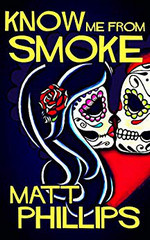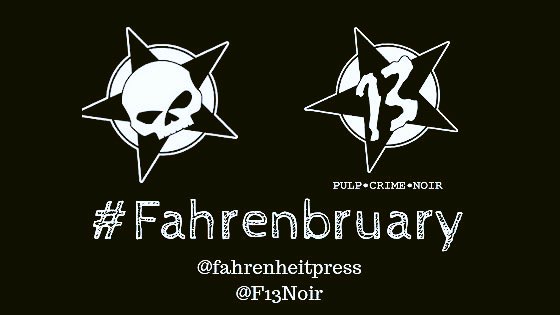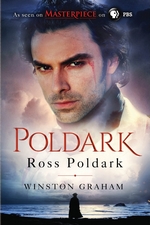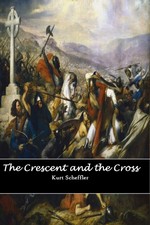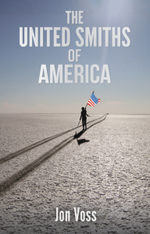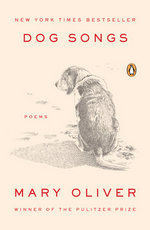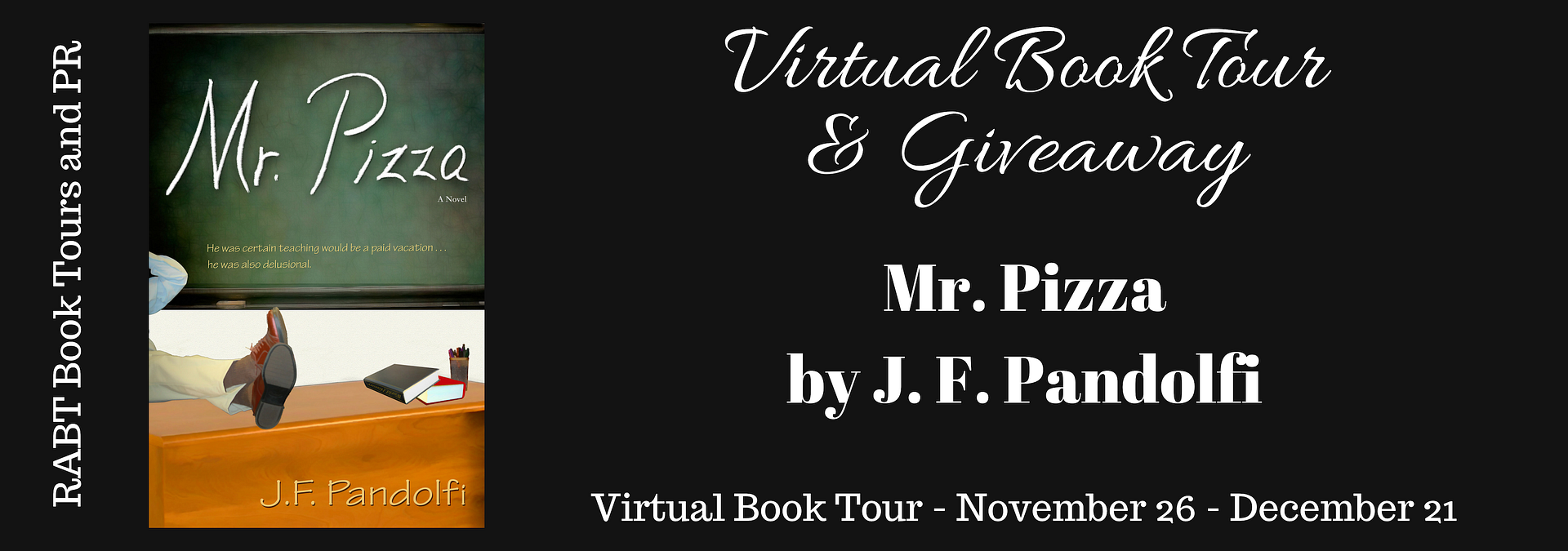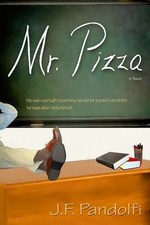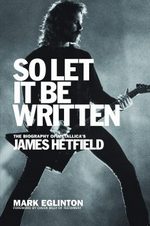(WordPress is doing that thing again where it messes up the html in my post header. I think I’ve fixed it, but if the beginning of the post looks ugly, sorry, I’m doing my best)
—
by J. F. Pandolfi
ePUB, 298 pg.
L&A Publications, 2018
Read: December 4 – 5, 2018

On the verge of graduating from college, Tony Piza (long “I”, and yes, he’s heard all the jokes), decides he’s not ready to head to law school and would like to take a year off. Inspired by a suggestion from his roommate, he applies to teach at a Roman Catholic school near his home. He figures that it’ll be pretty easy — spout some facts and figures from the text-book, assign some homework, do a little grading, catch up on his reading. All while living rent-free with his parents and sister. Despite never having taken an education class, nor showing any previous interest in education, and some iffy interview questions, he’s hired.
Early on, he performs his duties just as he planned — and it’s as successful as you imagine. But before long, he starts to see his students as individuals, not some faceless mass. It’s just a few steps from there to caring about their education and trying to do something about it. Tony also makes some friends with fellow teachers — two other lay teachers (including the other male staff member), and one nun. They start to rub off on him — and even inspire him.
But that doesn’t mean he turns into Professor Charles W. Kingsfield Jr or George Feeny, he’s more like a version of Gabe Kotter or Charlie Moore. Unconventional, off-kilter, and comical — yet challenging. Both his lectures and his assignments bring out the strengths and weaknesses his students (and their parents) were unaware they possessed. They also get Tony in trouble with parents, school administrators and school board members.
Essentially, the novel is a bildungsroman, watching Tony’s development from someone who sees teaching as a vacation from his real life to someone truly invested in it. I don’t want to say that it’s a smooth transition or that he flips the switch and becomes the World’s Greatest 6th Grade Teacher ™. That would make for a very dull novel.
Pandolfi writes in a very smooth, assured style. There’s not a lot of artistic flourishes — that’s not a critique, just an observation. It is charming, frequently amusing, and pretty earnest. I was a little afraid after reading the description that this would be a satire that tried too hard, one of those books where you can see the writer trying to be funny (which almost never works) — but I’m pleased to say that it wasn’t. Tony seemed to try too hard, but not Pandolfi — a character doing that is annoying, but it’s a character trait; a writer doing that is frequently a a deal breaker.
Tony’s antics and judgement are a mixed bag, as I mentioned. Early on, some of his jokes/behavior didn’t seem like fun, they seemed capricious and even mean — but so did M*A*S*H‘s Hawkeye and Duke Forrest (the book and movie versions, anyway). From the get-go the 1973 setting and sensibility put me in that frame of mind, so that’s where my mind went. And sure, part of the book is to show his growth from that, but it’s pretty off-putting. Similarly, I had trouble swallowing how tone-deaf he was when it came to jokes about Roman Catholics (even after being warned), yet he was reflexively sensitive to other people/problems (frequently in a way that seemed at least somewhat anachronistic).
Ultimately, I was able to get past that — and it’s possible that without me putting something about that in my notes, I’d have forgotten to mention it. Because of his growth, by that last third or so of the book, you see almost no signs of this (except when his past comes back to haunt him). So, I guess I’m saying, if you’re put off by some of his early behavior, give him a chance.
His sister, Patty, has Down’s Syndrome. I really appreciated the way that Pandolfi treated her. She’s simply a character — there’s no After-School Special moment with her, she’s not an object of pity — she’s simply Tony’s little sister. There are funny moments with her, some sweet moments with her — just like there are with Tony’s mother and father.
Tony’s students, fittingly, come close to stealing the novel from Tony. As is the case with the Bad News Bears, the Sweathogs, Fillmore High’s IHP class, etc., you have to want to see the kids do well to care about their teacher. They’re a diverse group, each having some distinctive characteristics and/or problems. They come to believe in their “Mr. Pizza” long before the staff, or even Tony — and stay his biggest supporters through the ups and downs that ensue. If you don’t like at least most of the students, there’s something wrong with you and you should seek professional help. Or just re-read the book, because you probably missed something.
The rest of the cast of characters are well-drawn and believable. There are a few that I’m glad we didn’t get much time with (Tony’s extended family, for example). His friends, fellow teachers and principal are strong characters, a couple of them are better developed. But that’s simply due to time spent with them. Pandolfi has a gift for good characters, which is half the battle in a novel.
Mr. Pizza is a charming tale of a young man maturing at a turning point in his life. There’s some good laughs, some uncomfortable moments, and some earnest emotional beats. The book is a pleasure to read and it — and it’s protagonist — will win you over and get you rooting for them both.
—
Disclaimer: I received this book from RABT Book Tours in exchange for this post and my participation in the book tour.
—–

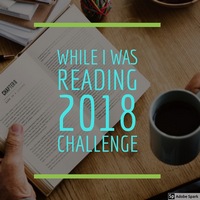 |
✔ Read a book with your favorite food in the title.
|
![]()


